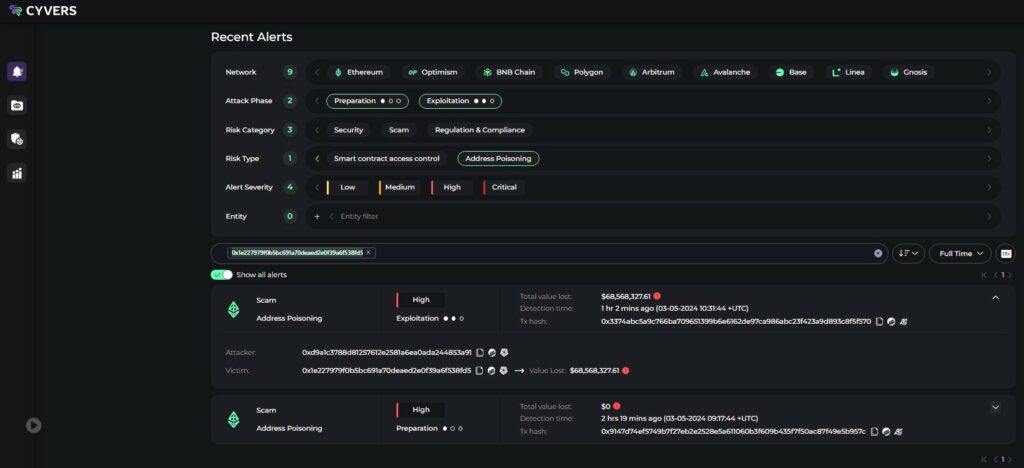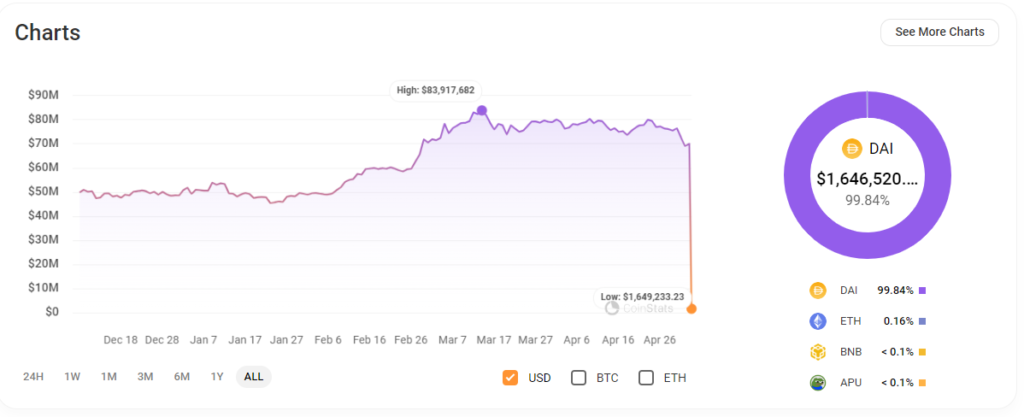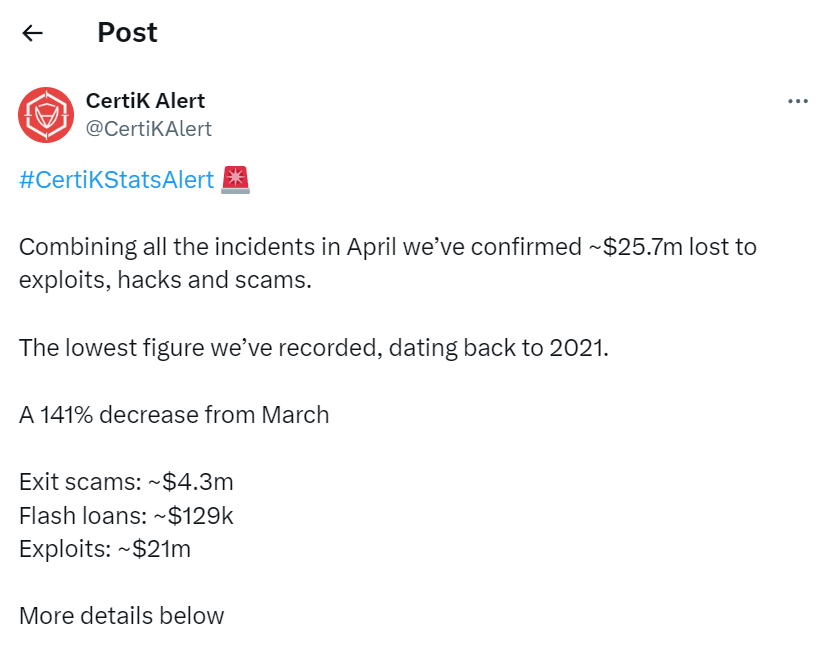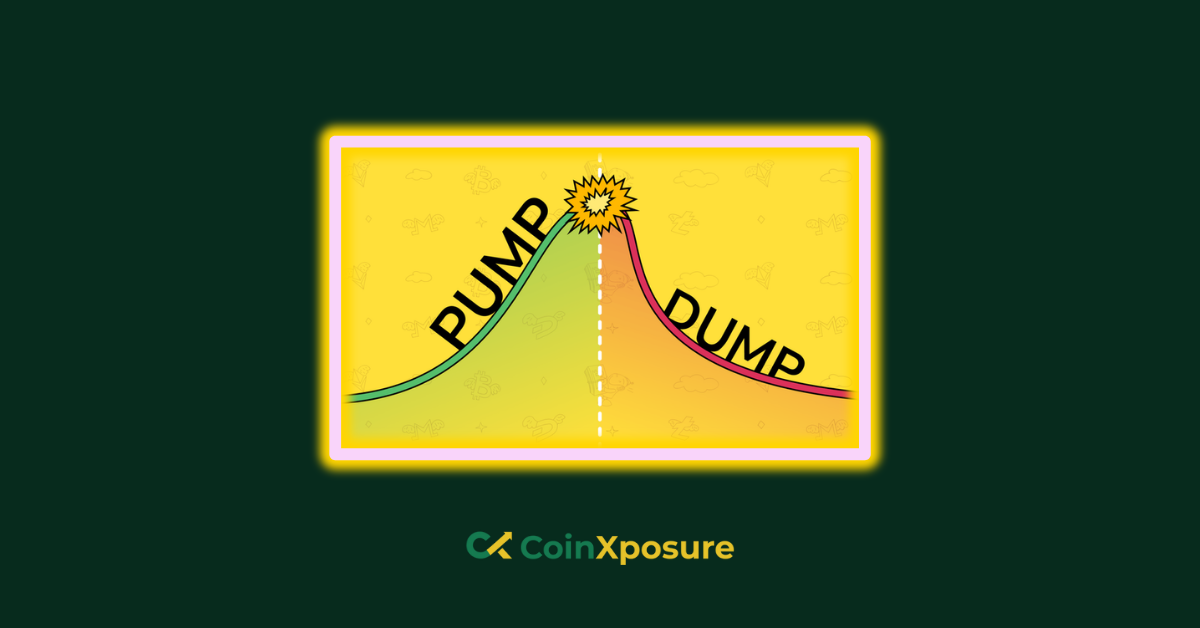Bitcoin scam involving address poisoning led to a trader suffering a $68 million loss of wrapped bitcoin (WBTC) in one transaction.
An address-poisoning scheme victimized an unidentified trader, resulting in the loss of wrapped bitcoin (WBTC) worth $68 million in a single transaction.
On May 3rd, X, the on-chain security company Cyvers first revealed the theft of $68 million in a post.
“Are we mistaken, or has someone truly lost $68 million worth of $WBTC? Our system has detected another address falling victim to address poisoning, losing 1,155 $WBTC

In accordance with CoinStats, the victim, wallet “0x1E,” has suffered a loss of more than 97% of its total assets, which are valued at more than $67.8 million.

Address poisoning, also known as address spoofing, aims to exploit traders’ carelessness and haste during transactions. It entails deceiving victims into transmitting their digital assets to fake addresses that belong to con artists instead of the intended recipient.
Bitcoin Scam Undermines Public Trust
Bitcoin Scam continue to undermine the faith that the general public has in the cryptocurrency business. Investors suffered a loss of digital assets totaling at least $33 million in April as a result of the fraud case surrounding the ZKasino gambling site.
Dutch authorities arrested a suspect associated with the ZKasino scam on the 29th of April. Despite ZKasino being the victim of criminal activity, the amount of stolen or lost bitcoin in April was only $25.7 million. This represents the lowest historical figure since the on-chain intelligence company CertiK began recording the data in 2021.
Over the course of the preceding month, the data indicates that damages incurred as a result of hacks, vulnerabilities, and Bitcoin Scam decreased by 141%.
The absence of private key compromises is largely responsible for this drop. Just three private key leaks occurred in April, compared to over eleven assaults using private key compromises in March.

CertiK’s numbers do not include the estimated $33 million worth of the ZKasino scam. Despite the fact that the report believes the project to be in the midst of a “controversy,” it has not yet classified it as a scam.
On April 22, ZKasino transferred all 10,515 Ether that investors had deposited into the Lido staking protocol, which increased investor anxiety. CertiK’s investigation led the company to revise its data should ZKasino prove to be a malicious actor.












